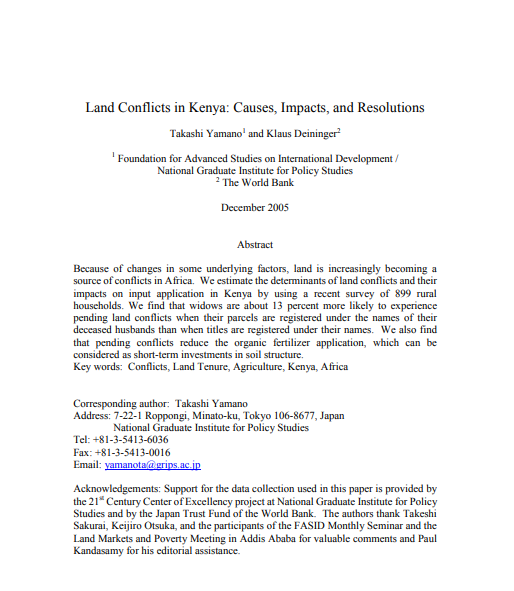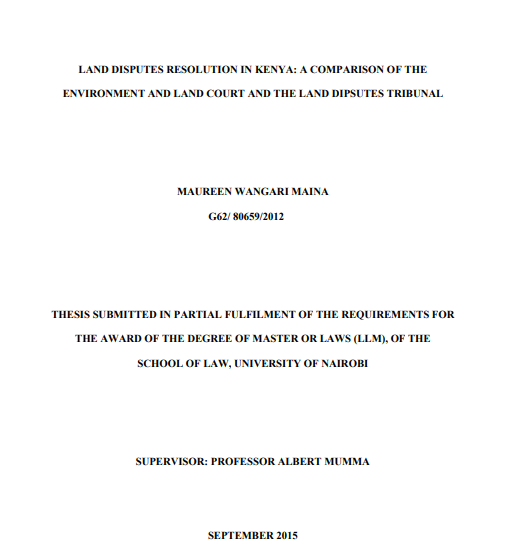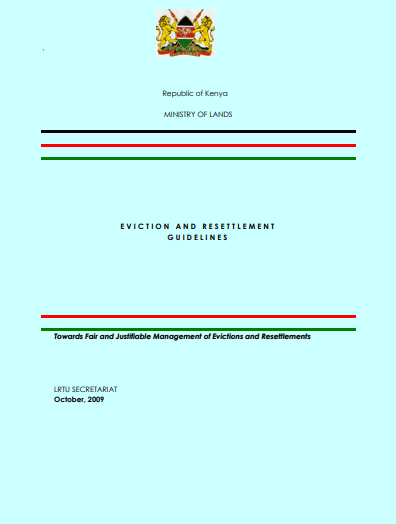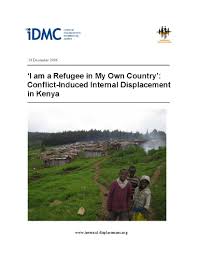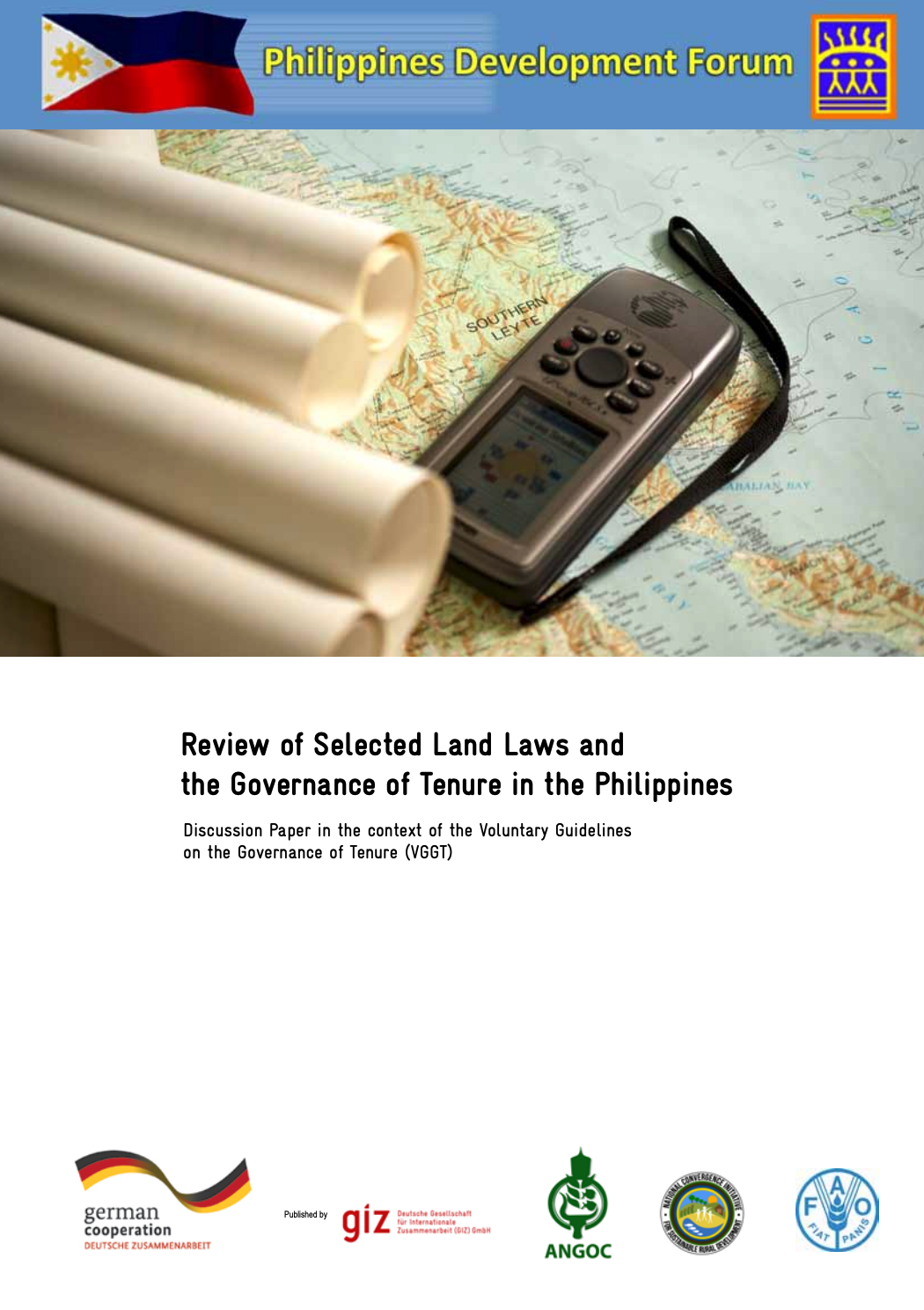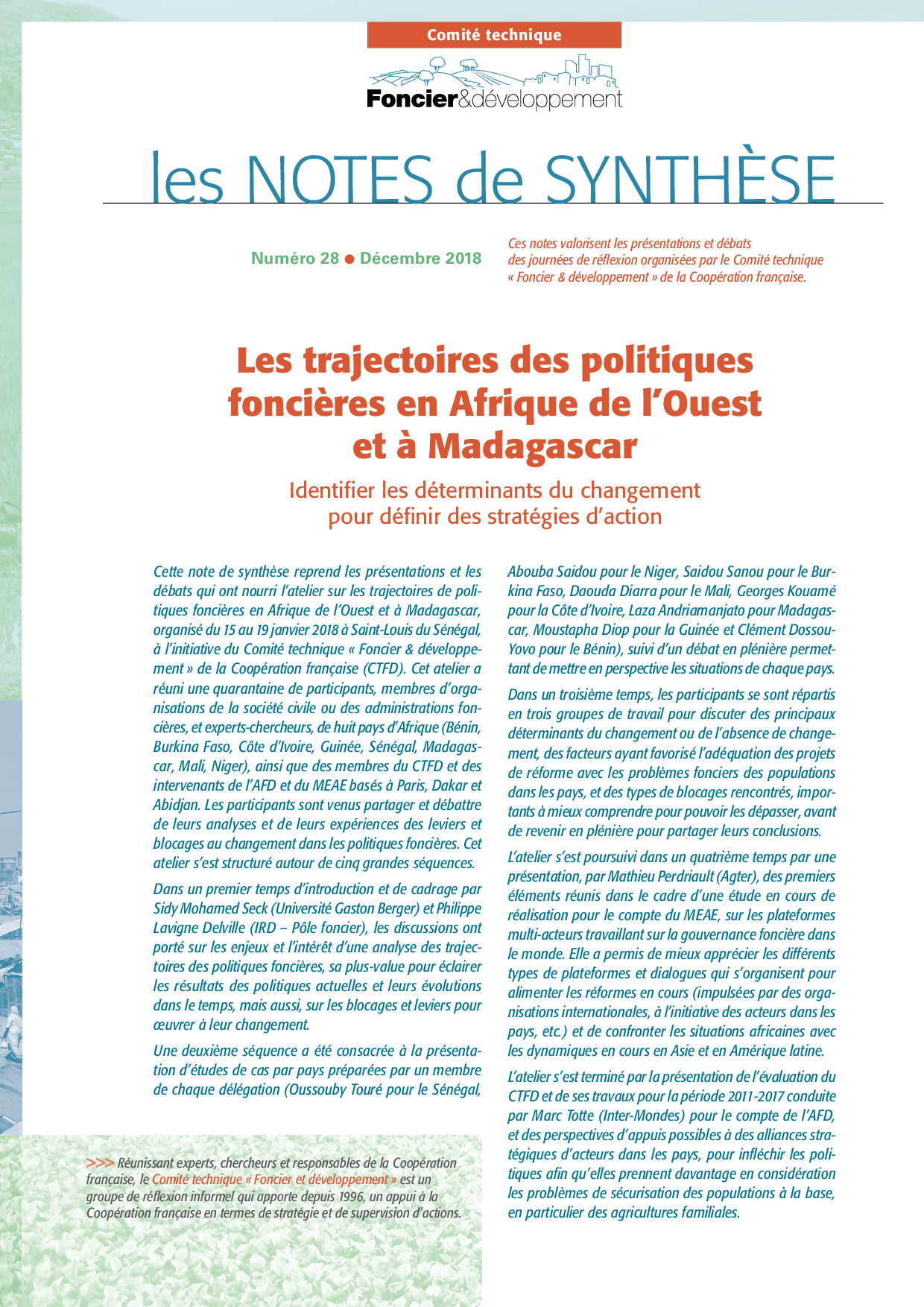Creation of Land Markets in Transition Countries: Implications for the Institutions of Land Administration
Describes (1) the processes of privatization of land management in selected transition countries and (2) the post-privatization changes in land administration institutions which are being crafted to establish land markets. It begins with the proposition that there are similar land market institutional problems which most "transition" countries are facing, due largely to common experiences in creating command economies during the past 50-80 years and the almost simultaneous decisions of these countries to move toward market political economies in the late 1980s and early 1990s.


